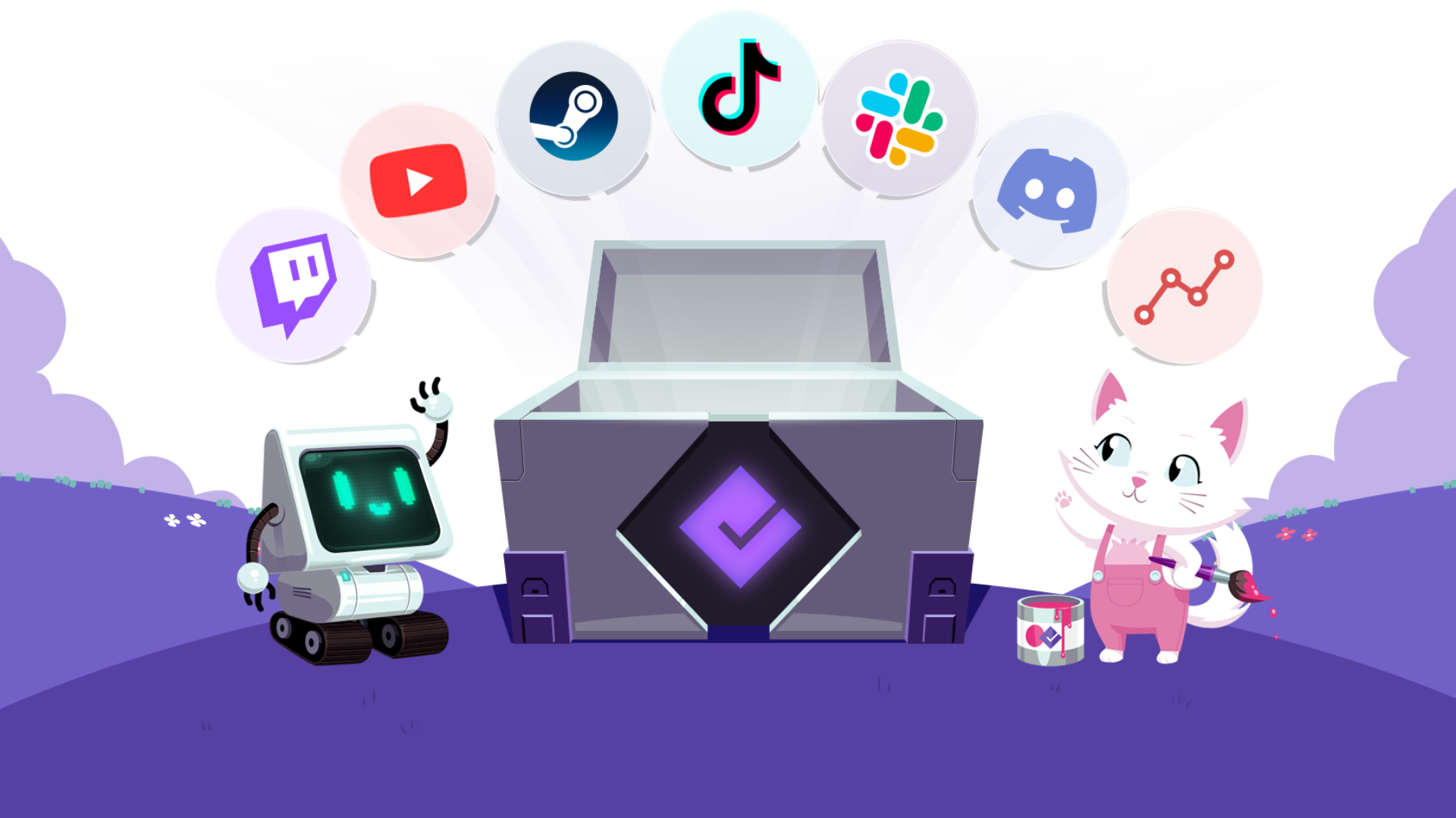Launching a video game is an exhilarating journey that involves meticulous planning and execution. Whether you’re an indie developer or part of a large studio, the success of your game often hinges on how well you prepare for its release. This comprehensive game launch checklist outlines the essential steps you should take to ensure a successful launch, maximize visibility, and engage your audience effectively.
1. Define Your Goals and Target Audience
Before diving into the nitty-gritty of your launch, it’s crucial to define your goals and identify your target audience. Ask yourself:
- What are your primary objectives? (e.g., revenue, downloads, community engagement)
- Who are your ideal players? (e.g., demographics, gaming preferences)
Understanding your audience will shape your marketing strategy, messaging, and outreach efforts. Utilize tools like surveys and market research to gain insights into player preferences and behaviors.
2. Develop a Marketing Strategy
An effective marketing strategy is essential for generating buzz around your game. Here are some components to consider:
Create a Compelling Game Trailer
A well-crafted game trailer can captivate potential players and communicate your game’s unique features. Focus on creating an engaging storyline, stunning visuals, and an impactful soundtrack. Keep the trailer concise, ideally under two minutes, to maintain viewer interest.
Leverage Social Media
Social media platforms such as Twitter, Instagram, TikTok, and Facebook can help you build a community around your game. Regularly share updates, behind-the-scenes content, and engage with followers to foster excitement. Consider using targeted ads to reach a broader audience and drive traffic to your game’s website or store page.
Collaborate with Influencers
Partnering with gaming influencers can amplify your reach and provide authentic exposure. Identify influencers within your genre and pitch your game to them. Providing early access or exclusive content can encourage them to showcase your game to their audience, resulting in increased visibility.
3. Prepare Your Game for Launch

As the launch date approaches, focus on finalizing your game and ensuring it meets quality standards.
Conduct Thorough Testing
Testing is crucial to identify bugs, glitches, and gameplay issues. Conduct various testing phases, including alpha and beta testing, to gather feedback from players. Consider offering incentives, such as in-game rewards, to encourage participation. A polished game will lead to better reviews and player satisfaction upon release.
Optimize Performance
Ensure your game runs smoothly on all intended platforms. Optimize performance by addressing frame rates, load times, and graphical settings. Testing on different devices and configurations will help identify any compatibility issues that may arise during gameplay.
4. Create a Launch Plan
A well-structured launch plan can help ensure a smooth release process.
Set a Release Date
Choose a release date that aligns with your marketing efforts and avoids conflicts with major game releases. Consider industry trends and player behavior to maximize potential downloads. If applicable, plan for a soft launch in select regions to gather initial feedback before the global release.
Prepare Your Launch Materials
Create essential launch materials, including:
- Press releases
- Media kits (high-quality images, trailers, and game descriptions)
- Promotional graphics for social media
- Email newsletters to inform your audience
These materials will help maintain consistent messaging and ensure that media outlets and influencers have the resources they need to promote your game effectively.
5. Execute Pre-Launch Activities
As the launch date approaches, focus on engaging your audience and generating buzz. Did you like the article? Read also about Maximizing Game Launches.
Build Hype with Countdown Events
Consider organizing countdown events on social media or your website. Use teasers, exclusive content reveals, or community challenges to build anticipation and excitement around your game. Engaging your community fosters a sense of belonging and investment in your game’s success.
Encourage Pre-Orders or Early Access
Offering pre-orders or early access to your game can help generate initial sales and provide valuable feedback. Consider bundling exclusive content or in-game items as incentives for players who commit early.
6. Launch Day Operations

On launch day, ensure that your team is prepared to handle any potential issues.
Monitor Feedback and Respond
Stay active on social media and gaming forums on launch day to monitor player feedback and address any issues that may arise. Engaging with your audience demonstrates your commitment to player satisfaction and can help mitigate negative experiences.
Track Performance Metrics
Utilize analytics tools to track your game’s performance on launch day. Monitor downloads, player engagement, and feedback to evaluate your launch’s success. This data will be valuable for making informed decisions in the future.
7. Post-Launch Support and Marketing
The launch doesn’t mark the end of your game’s journey. Post-launch support is crucial for maintaining player interest and addressing any lingering issues.
Continue Engaging with Your Community
Keep the conversation going with your community through regular updates, events, and announcements. Consider hosting Q&A sessions, livestreams, or community challenges to foster ongoing engagement.
Plan for Updates and Expansions
Listen to player feedback and be prepared to release updates or patches to address issues or introduce new content. Planning for future expansions or downloadable content (DLC) can help sustain player interest over time.
Evaluate Your Launch Strategy
After a few weeks post-launch, evaluate your marketing strategy and its effectiveness. Analyze performance metrics, player feedback, and sales data to identify areas for improvement. This assessment will provide valuable insights for your next project.
Launching a video game is a complex process that requires careful planning and execution. By following this game launch checklist, you can set your game up for success, maximize visibility, and engage your audience effectively. From defining your goals to executing post-launch support, each step plays a vital role in your game’s journey. Embrace the excitement of launching your game and remember that the player experience is at the heart of your efforts.
For further insights into game development and marketing strategies, visit the Wikipedia page on Video Games.

